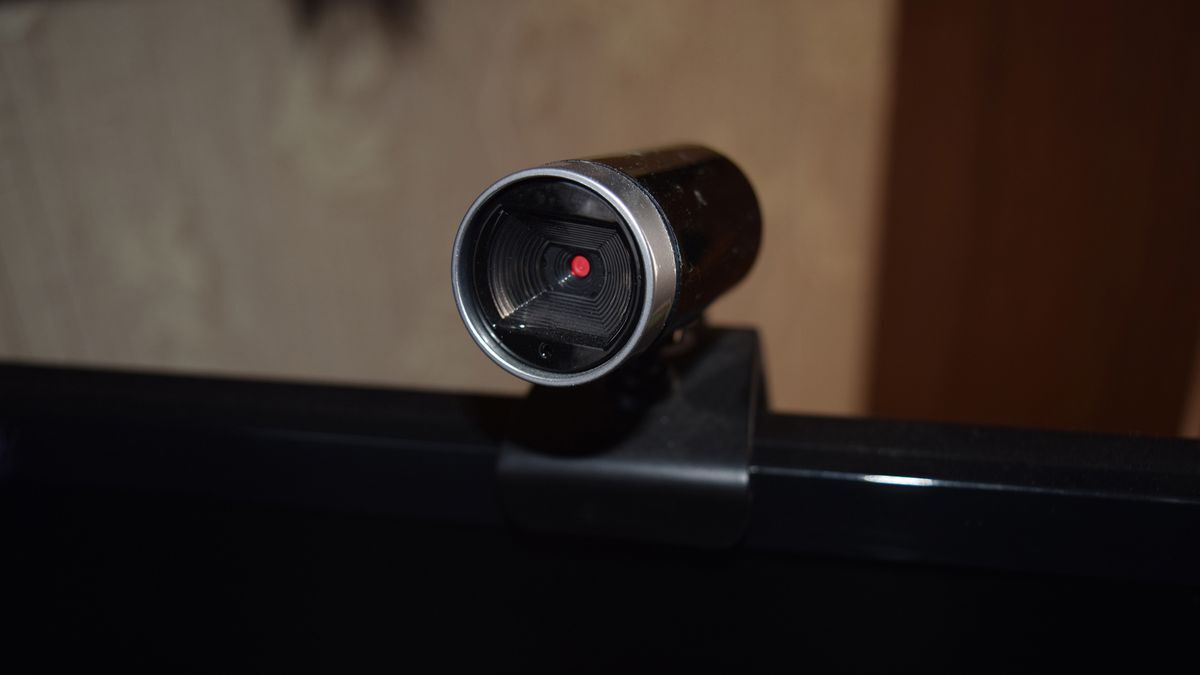The method, known as EM Eye, can even capture images through walls, raising huge concerns about the potential for misuse.
The research, led by Kevin Fu, a professor of electrical and computer engineering at Northeastern University, targets a vulnerability in the data transmission cables within most modern cameras. These cables unintentionally act as radio antennas, leaking electromagnetic information that can be picked up and decoded to reveal real-time video.
As reported by Tech Xplore, the vulnerability exists because manufacturers focus on protecting the intentional digital interfaces of cameras, such as the upload channel to the cloud, but overlook the potential for information leakage through accidental channels. “They never intended for this wire to become a radio transmitter, but it is,” Fu explains. “If you have your lens open, even if you think you have the camera off, we’re collecting.”
Cross post from https://lemmy.world/post/12081766



The next paragraph is also worth highlighting (emphasis added).
Yeah, and how big are the recording antennae?
Guy sitting 2 tables over:
I posted this in another thread originally:
Actual Paper, images on page 10 On the top of Page 10 are example shots, ground truth is original image, sota means the captured feed, EM Eye is the feed with their post-processing (aka “Enhance”). The lengths on top are how long the cable you are snooping on is (ie a cell phone’s cable is only gonna be a few cm, a laptop is probably at the 15cm mark), and how far away you are (Those last pics at 300cm(3m) would be under 10ft). It is definitely impressive but this is up there with stealing passwords from keyboard clicks, you usually have somewhat of an advanced threat in mind to think someone might use this against you.